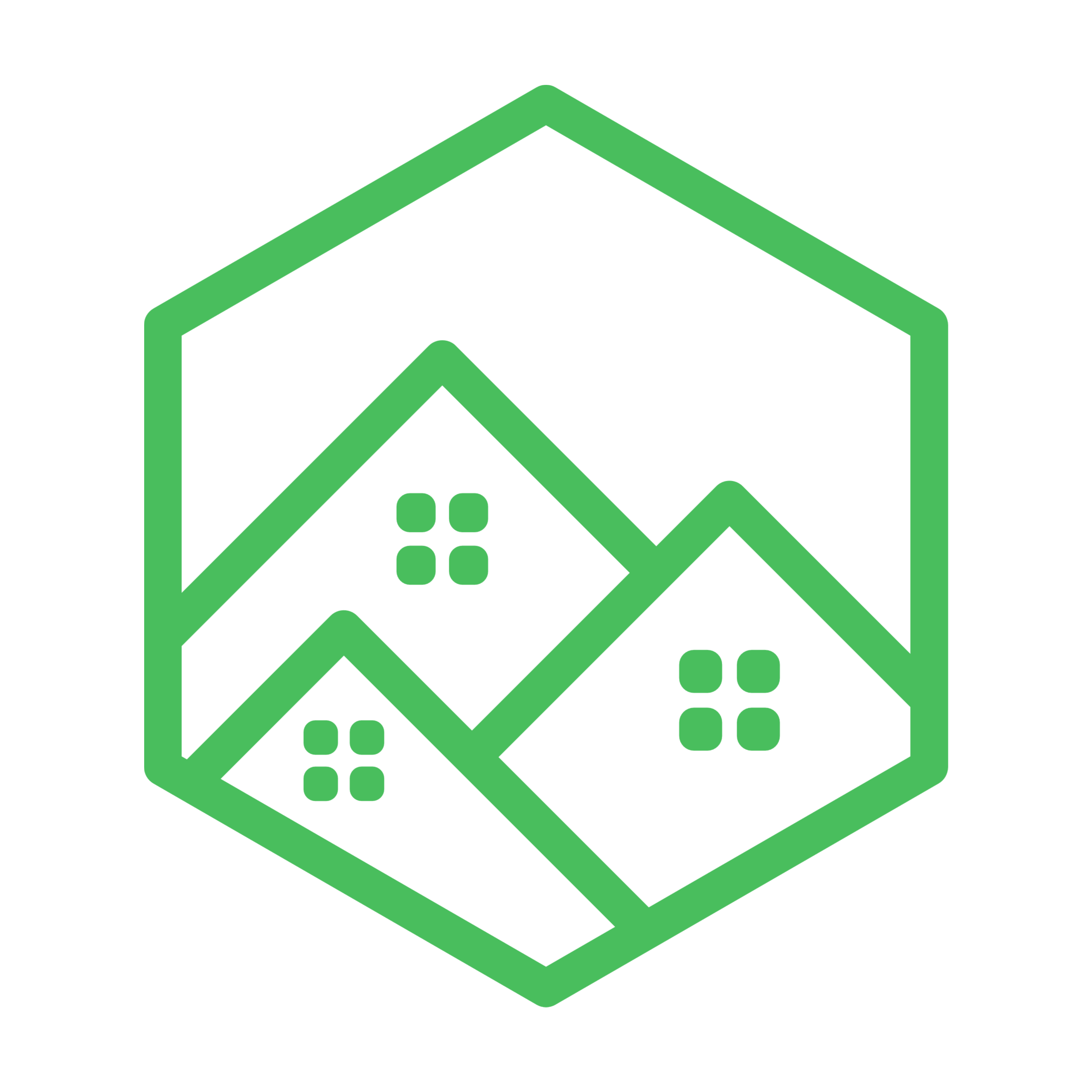ANR HOUSES
HOUSES stands for “Harmonized Operation of Uncertainties in Spatialized Environmental Systems”. It is a research project funded by the French Research Agency ANR for a duration of 42 months (starting year in 2023). It aims to define a harmonized framework to exhaustively and transparently reflect all uncertainties along the modelling chain of spatial data while keeping track of their origins (knowledge imperfection and/or random variability). HOUSES, coordinated by the French geological survey BRGM, adopts a multidisciplinary approach by bringing together different communities: Geostatistics with the Center for Earth-Sciences of ARMINES, experts in imperfect knowledge modelling with HEUDIASYC & IRIT, experts in geo- environments analysis with BRGM and the GreenTech company HESUS.

Context
Spatial interpolation of data/observations is a routine task of any analysis in geo-environments; this is particularly true for impact assessments of contaminants in soils and water, or for natural risk assessments (e.g. earthquakes, flooding). Though a large panel of different studies have addressed the problem of spatial prediction accuracy using interpolation techniques, available methods and procedures lack in providing deep insights into the uncertainties related to the spatialized results. However, multiple sources of uncertainties exist at all stages of the modelling chain (related to measurements, to the representativeness of the observations, to the modelling assumptions, lack of knowledge on the physical phenomena underlying the spatial process, to the choice in the formal representation of the available information, to the error fitting of the spatial model, etc.) and more specifically in the context where data are scarce, imprecise and clustered (a situation that is at the core of the project). Therefore, to improve the decision-making process, there is a need for rigorously and exhaustively integrating the whole cascade of uncertainties, i.e. there is a need for a shift of the current operational practices toward more uncertainty-aware spatial analysis.
Work program
HOUSES will address research questions at different levels:
- formal by investigating what mathematical tools (probabilities, intervals, sets, others?) allow a sufficient degree of flexibility and of adaptation for modelling the different data/information at all stages of the spatial modelling chain;
- methodological through an in-depth feasibility and inter-comparison analysis of the major frameworks for knowledge modelling and uncertainty management (the Bayesian framework and a framework that generalizes classical probabilities, i.e. imprecise probabilities);
- operational by exploring how to use the new developments to improve, in practices, the decision-making process regarding the main types of decision context in geo-environments.
The cornerstone of these research works is an extensive inter-comparison exercise based on real cases in geo-environments covering a large spectrum of situations (number, quality, spatial distribution of the data, a priori information on the physical processes, support for information aggregation, etc.). The cases correspond to pollutant concentration mapping for urban soils in Toulouse city, groundwater contamination by trace element in Paris basin, dune erosion in coastal environments and geophysical monitoring. Beyond the project, this will offer a new opportunity to consolidate a community regarding this difficult and trans-disciplinary question by fostering exchanges and new ideas with other research teams using a data competition/hackathon as a basis of discussion.
Funding info
Grant number: ANR-22-CE56-0006-01

